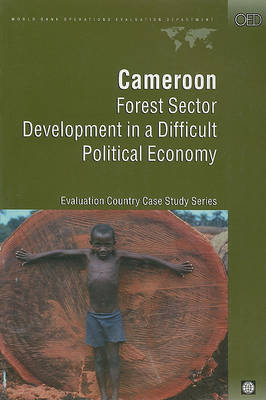Evaluation Country Case Study
1 total work
The forests and biodiversity of Cameroon constitute a significant portion of the Congo Basin. The Congo Basin accounts for about 80 percent of the remaining moist forests in Africa and 20 percent of the world's tropical moist forest--second in size only to the Amazon. The Bank's 1991 Forest Strategy listed all the countries of the Congo Basin (except Equatorial Guinea) among the 20 countries with threatened tropical moist forests, implying that these countries deserved special attention in its programs. Since that time, the timber sector in Cameroon has significantly increased its logging activities and made Cameroon the leading exporter of tropical timber in Africa. Although the Bank has undertaken little direct forest investment over the past decade, forest sector issues have been part of the Bank-financed Structural Adjustment Program since 1989. This country case study, part of the Operations Evaluation Department (OED) synthesis report entitled 'A Review of the of the 1991 World Bank Forest Strategy and Its Implementation', evaluates Bank operations in Cameroon for their consistency with the strategy. The strategic aspects of those operations are judged here on their relevance, effectiveness, efficiency, institutional development, and sustainability.
